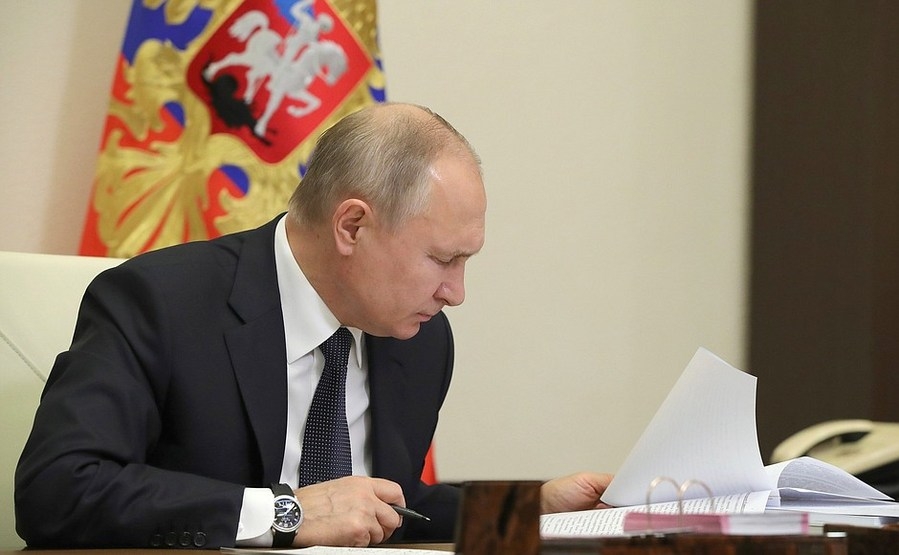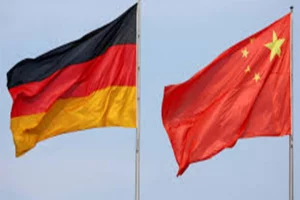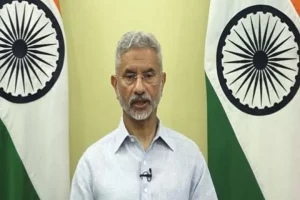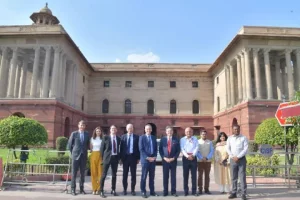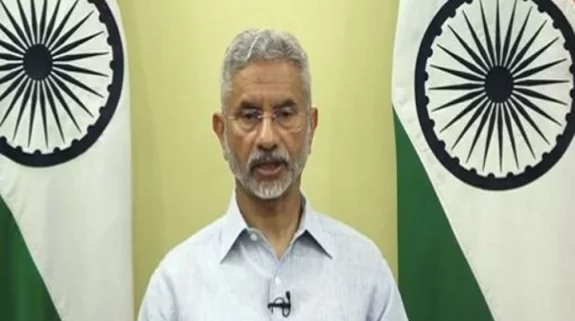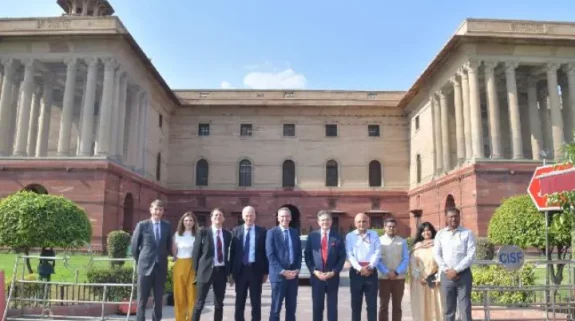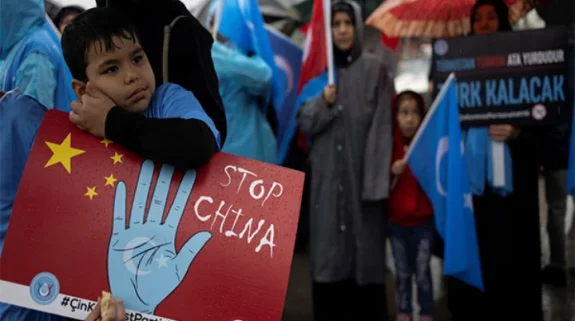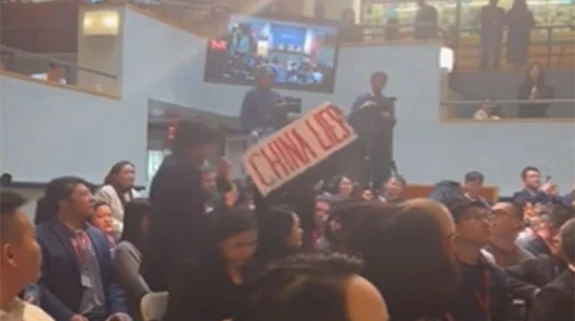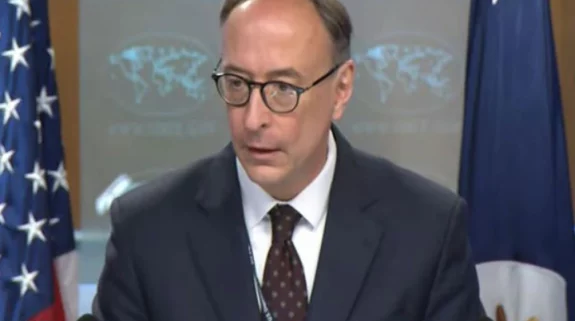US President Joe Biden’s unexpected outreach to his Russian counterpart Vladimir Putin to extend the New Strategic Arms Reduction Treaty (START) by another five years have triggered faint pangs of anxiety in China.
During the telephonic conversation on Tuesday, the two leaders essentially prevented arms control—agreements to limit the number of atomic weapons and their delivery systems in their arsenals–from going into free fall.
Signed in 2010, New START is one of last major arms reduction treaties signed since the end of the Cold War. The treaty calls to cut in half the maximum number of strategic nuclear missiles, bombers and launchers that Washington and Moscow can maintain in their reserves at any given time.
Negotiations to renew the deal, which expires on February 5, with former President Donald Trump’s White House had stalled, supposedly after Washington insisted on significant changes to the pact. The logjam triggered deep anxiety, for if the treaty were to expire, it would remove the last remaining lid on the world's two largest nuclear arsenals, opening up the possibility of a new unbridled nuclear arms race.
The draft text of the deal reveals that Moscow and Washington had “agreed in principle” to preserve the New START, without placing any conditions for extending the treaty by five years. extension.
The formal extension of the deal is bad news for China. Once US and Russia agree to limit their strategic arsenal, it is only natural that they would jointly want to impose restraints on Chinese nuclear weapons, strategic missiles and bombers, to prevent a nuclear imbalance from emerging again.
The Chinese have been averse to any trilateral deal that would limit the size of their nuclear arsenal, which they justify as necessary to maintain in order to deter a vastly superior US from launching an attack.
China is estimated to have 320 nuclear warheads in its arsenal as of 2020. Both the US and Russia are likely to be especially concerned by its long range Intercontinental Ballistic Missiles (ICBM), which include DF-41, DF-31A, DF-31B among others.
Unsurprisingly, the Chinese foreign ministry spokesperson on Wednesday, in response to a query, signalled that the renewal of the pact by Russia and the US would not impact China. “…The country with the largest nuclear arsenal, the United States and Russia still account for more than 90 per cent of the world's nuclear weapons. The two sides should, in accordance with international consensus, earnestly fulfil their special and priority responsibilities for nuclear disarmament, further substantially reduce their nuclear arsenals…” the Chinese foreign ministry said.
While China and Russia have been demonstrating their special relationship, especially after fresh sanctions were imposed on Moscow following the Ukraine civil war, and the merger of Crimea with Russia, China and Russia have a deep history of mistrust. The late Chairman Mao Zedong, founder of the People’s Republic of China (PRC) had once famously described the former Soviet Union as a “social imperialist”. The relationship between the two countries during the Cold War phase deteriorated so much that the two fought a brief war on the banks of the Ussuri river in 1969. The bitter memories of the incident and preceding events have been deeply embedded in the archival memory of both Beijing and Moscow.
The Chinese are also fully aware that US strategic thinkers close to the democratic party, especially the late Zbigniew Brzezinski, a former national security adviser to President Jimmy Carter, who also had former President Barack Obama’s ear, had been a strong advocate of preventing a Russia-China alliance in Eurasia. Consequently, since former President Richard Nixon’s famous visit to Beijing in 1972, Washington ensured that China remained a quasi-ally, while Russia was driven into isolation. But with China emerging as a bigger threat in the Xi Jinping era, a US strategic outreach to Russia to breach Moscow-Beijing ties would make perfect geopolitical sense.
In tune with the demands of their domestic constituencies, both Putin and Biden talked tough about their telephonic conversation. A Kremlin readout of the exchange said that the dialogue was “frank and business-like.”
The presidential conversation notwithstanding, the White House described ties with Russia as “adversarial”. “The president has long been clear that the New START treaty is in the national security interest of the United States, and this extension makes even more sense when the relationship with Russia is adversarial, as it is at this time,” the new White House press secretary, Jen Psak told reporters.
The Chinese should also be concerned that after Tuesday’s conversation, a US-Russia dialogue process is likely to commence. “The two presidents agreed to maintain transparent and consistent communication going forward,” a White House readout of the conversation said.
It also pointed out that the two leaders “agreed to explore strategic stability discussions on a range of arms control and emerging security issues”—widely seen as opening for including Chinese atomic arsenal to ensure global nuclear balance of power.






